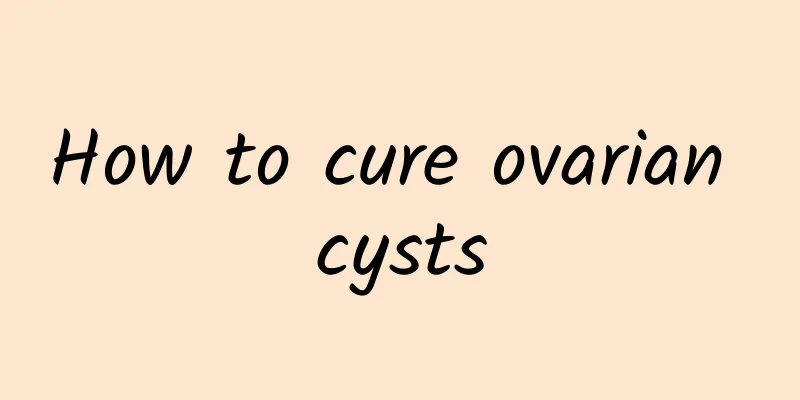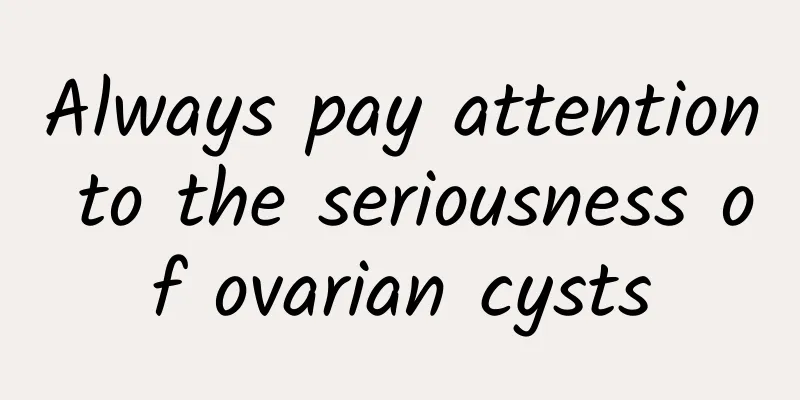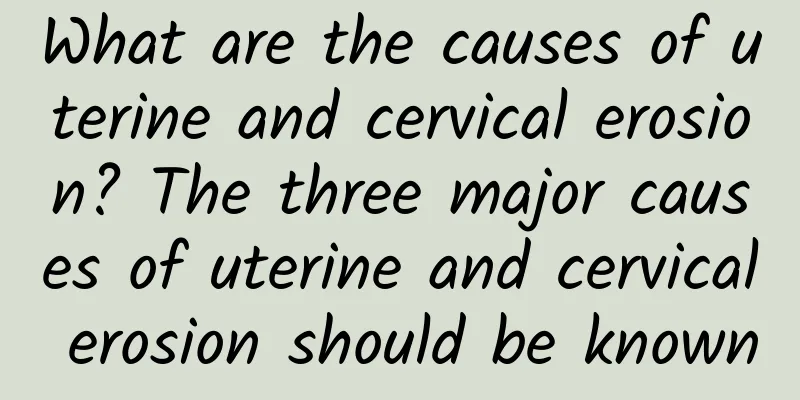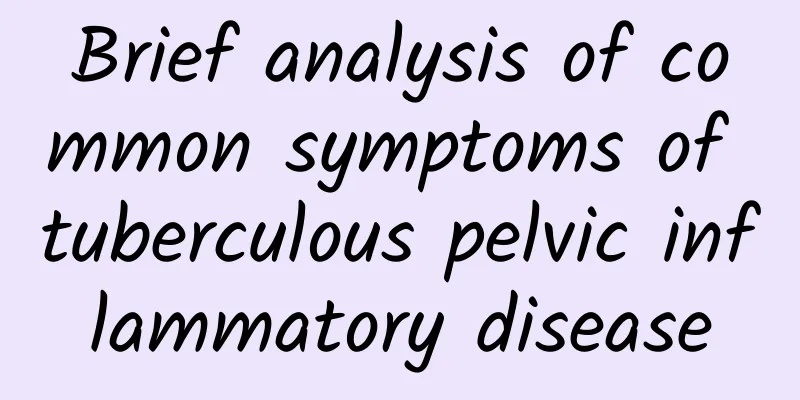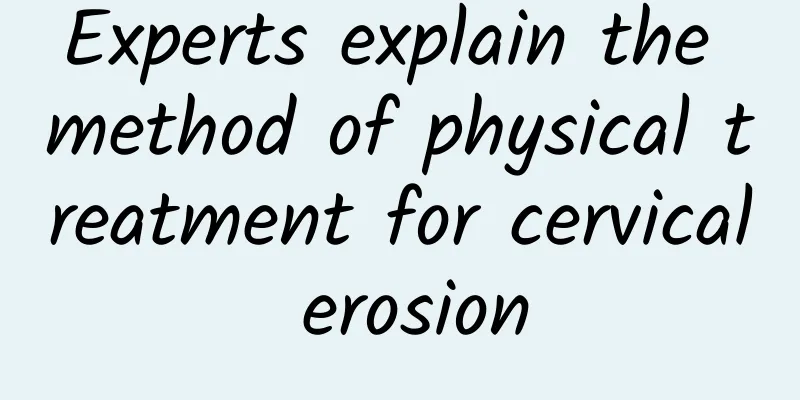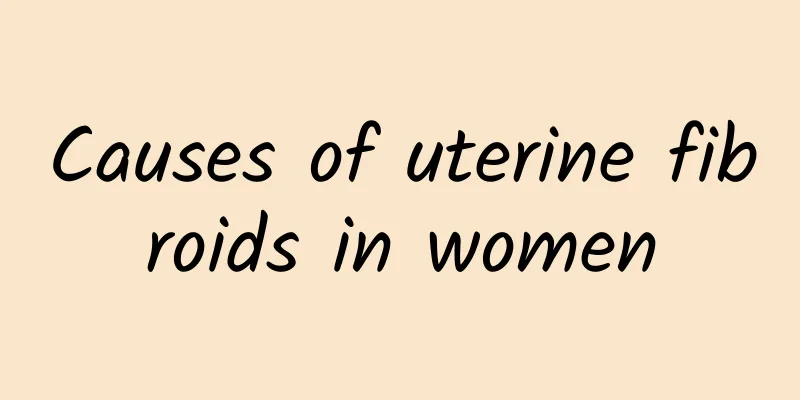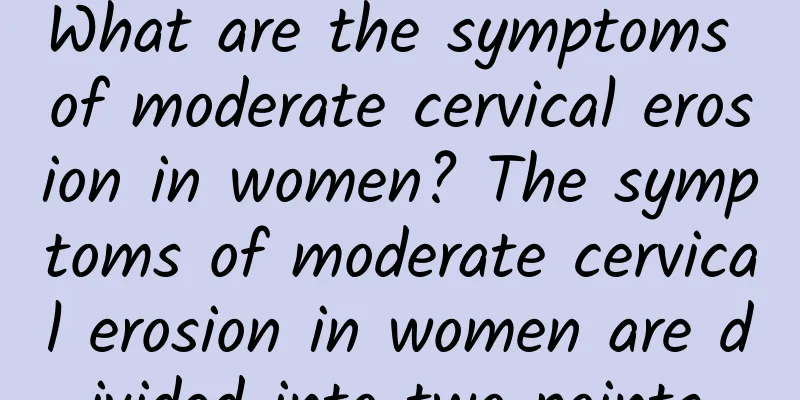What medicine is better for cervicitis and endometritis?
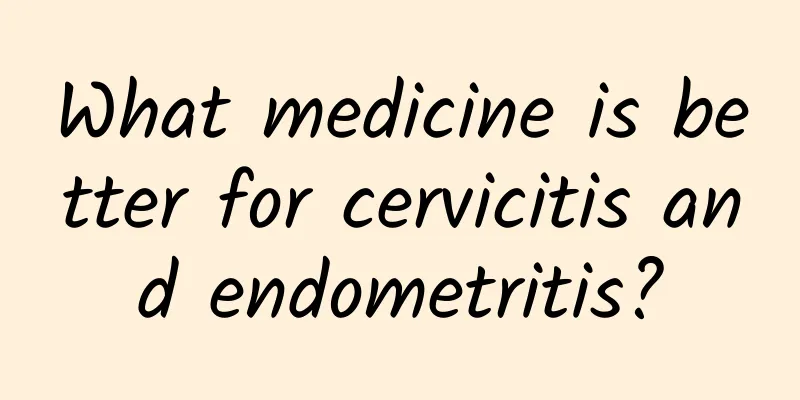
|
The treatment of cervicitis and endometritis requires the selection of appropriate drugs according to the cause and symptoms. Common treatment drugs include antibiotics, anti-inflammatory drugs and Chinese medicine conditioning. Specific medications must be taken under the guidance of a doctor to avoid self-medication. 1. Antibiotic treatment Cervicitis and endometritis are mostly caused by bacterial infection, and antibiotics are the main treatment. Commonly used antibiotics include: Cephalosporins: such as cefixime and ceftriaxone, are suitable for infections caused by Gram-positive and Gram-negative bacteria. Azithromycin: It is more effective against mycoplasma and chlamydia infections. Metronidazole: It is used to treat anaerobic infections and is often used to treat mixed infections. 2. Anti-inflammatory drugs Inflammatory response is the main manifestation of cervicitis and endometritis, and anti-inflammatory drugs can relieve symptoms. Commonly used drugs include: Ibuprofen: A nonsteroidal anti-inflammatory drug that effectively relieves pain and inflammation. Acetaminophen: For mild pain and fever. Glucocorticoids: such as prednisone, are used for severe inflammatory reactions but should be used with caution. 3. Chinese medicine conditioning Traditional Chinese medicine has certain advantages in treating chronic cervicitis and endometritis. Commonly used drugs include: Gynecological Qianjin Tablets: have the effects of clearing away heat, detoxifying, promoting blood circulation and removing blood stasis. Golden Rooster Capsule: Suitable for inflammation caused by damp heat. Motherwort Granules: Helps regulate menstruation and improve the intrauterine environment. 4. Diet adjustment Diet is also important in adjuvant therapy. It is recommended to consume more foods rich in vitamins and minerals, such as: Fresh vegetables and fruits: such as spinach, carrots, and oranges, enhance immunity. High-protein foods: such as eggs and fish, promote tissue repair. Avoid spicy foods as they may increase inflammation. 5. Adjust your lifestyle Good living habits can help you recover from illness: Maintain personal hygiene and avoid using harsh lotions. Avoid overwork and ensure adequate sleep. Check regularly to monitor changes in the condition. The treatment of cervicitis and endometritis requires a combination of medication, diet, and lifestyle adjustments. Antibiotics and anti-inflammatory drugs are the main treatments, and Chinese medicine conditioning and dietary assistance also have certain effects. It is recommended to develop a personalized treatment plan under the guidance of a doctor, while paying attention to daily care to promote recovery. |
<<: Can I eat roasted meat if I have abnormal leucorrhea?
>>: Treatment of abnormal leucorrhea in gynecology
Recommend
Clinical symptoms that patients with cervicitis need to pay attention to
The symptoms of cervicitis are relatively common,...
Australian study: Too much carbonated drinks may lead to asthma
Refreshing and powerful carbonated drinks are the...
What is the difference between painless abortion and painful abortion?
What is the difference between painless abortion ...
The symptoms of vulvar leukoplakia are present on both labia majora and minora
The symptoms of vulvar leukoplakia are manifested...
Knowing the cause of acute pelvic inflammatory disease earlier can cure patients earlier
Many women are troubled by pelvic inflammatory di...
How much does it cost to treat chronic cervicitis in a hospital? Three aspects affect the cost of cervicitis treatment
The cost of treating chronic cervicitis is high, ...
Nourish your intestines, improve allergies and enhance immunity! In addition to probiotics and vitamin C, eat beta-glucan to enhance intestinal bacteria
The new coronavirus (Wuhan pneumonia) epidemic is...
Nourishing the liver in spring promotes metabolism and helps lose weight! Chinese medicine doctor Li Congjie: 7 acupuncture points must be pressed to nourish the liver and relieve constipation
Spring is a good season for liver care! According...
Can an ovarian cyst go away on its own?
Can ovarian cysts go away on their own? Ovarian c...
What causes headaches after miscarriage?
Headaches after spontaneous abortion are usually ...
Preventive measures for senile vaginitis
About 30% of women will develop senile vaginitis ...
Abnormal vaginal discharge leading to foreskin edema
Abnormal vaginal discharge may lead to foreskin e...
What is the best treatment for vulvar itching?
Vulvar itching may be related to dry skin, vulvit...
Does abnormal bleeding mean irregular menstruation? 4 reasons for irregular menstruation
Is abnormal vaginal bleeding irregular menstruati...
The most important characteristics of painless abortion
Painless abortion is very common in life. Most pe...

